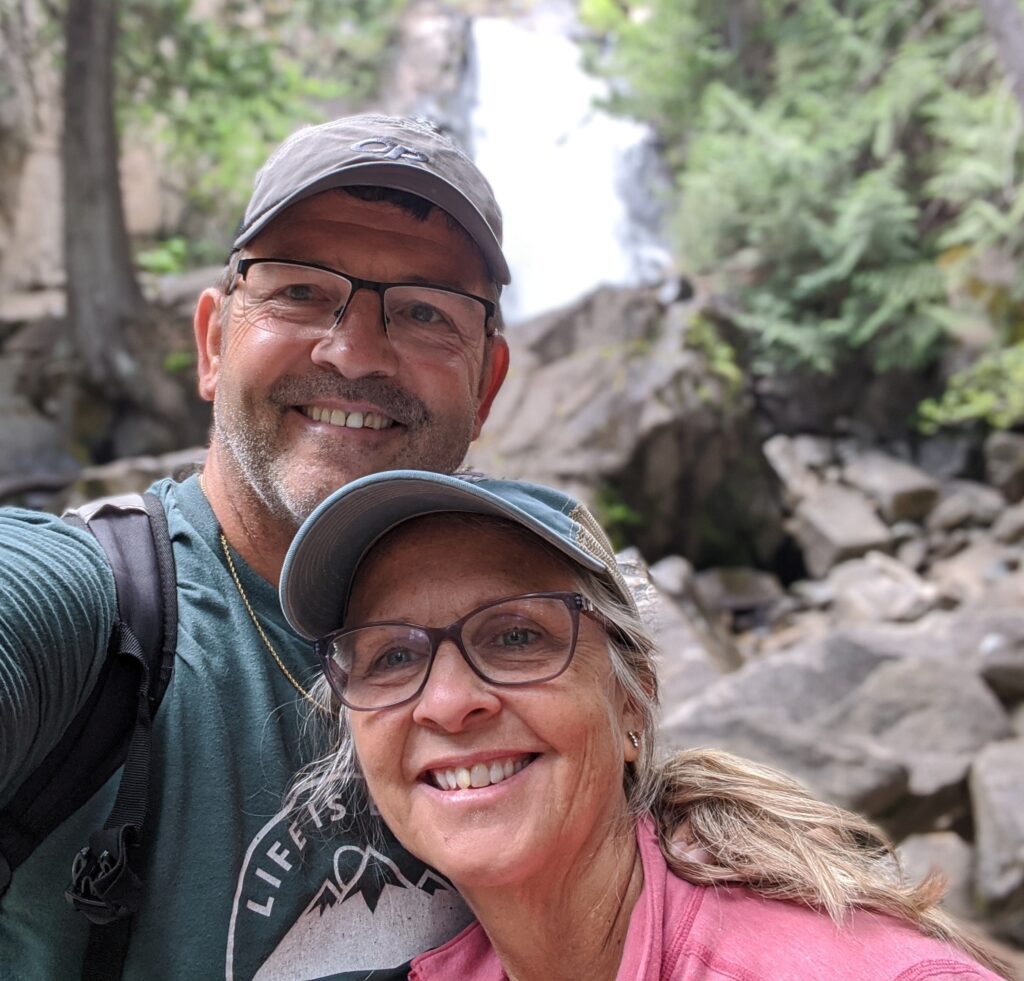Why Thom Nees chose to participate in the Living Into Inclusivity dialogues
My name is Thom Nees and I was born in Pasadena, CA in 1964 which was the end of the line for the Boomer generation. I was born into the Wesleyan Methodist Church tradition. Specifically, I am Nazarene that formed around the turn of the century and began with a heart to serve and reach the poor.
While it is the largest and most diverse Wesleyan denomination in the world having churches in 160 nations worldwide, my experience was one of rule following holiness in predominantly white, middle class church expressions. My church tradition always had a wide variety of leadership. From the very beginning of our history, we ordained women and people of color. My grandmother was an ordained Wesleyan Methodist minister.

Poverty was kept at a distance growing up in suburban white communities. Looking back, we were far from wealthy by western cultural standards, so my white middle class upbringing left me in a place of relative comfort with regard to economic security.
I remember from a very young age, having a deep sympathy and even empathy for those who suffered injustice. While in middle school, I would regularly come to the defense of someone who was being mistreated.
I didn’t fit into a clique very well opting instead to be a friend to all. Regardless of color, age, gender, socioeconomic status, I would “fit in”. Perhaps that is because I am a 9 (Peace Maker) on the enneagram. But like all the traits revealed on the enneagram, it comes with a dark side. I hate conflict and avoid it at all costs. I will play both sides of an argument while subtly asking questions to guide the conversation. And, I really struggle to “know myself” because I am always running my identity through the filter of others.
The last 10 years of my life have been changed by a simple statement that was presented to me through the writing and teaching of Fr. Richard Rohr. “How you see, is what you see.” This has challenged many of my assumptions that frame who I am. It has reminded me to take seriously and apply the words of David in the Psalms, “Search me o God, and know my heart Try me and know my thoughts and see if there is any wicked way in me, and lead me in the path of everlasting”.
I am convinced that the path through our current discord in our culture must first begin with my own honest journey inward. Only then, can I emerge to have an honest conversation and help to create the kind of change that is needed to foster deep belonging. What I see in our culture right now regarding belonging is this: if you your behave like me, think like me, act like me, you can belong with me. I believe we need to flip the script and put belonging first based upon the law of irreducible complexity. At our core, we share the human DNA, and that needs to be the foundation of belonging.
